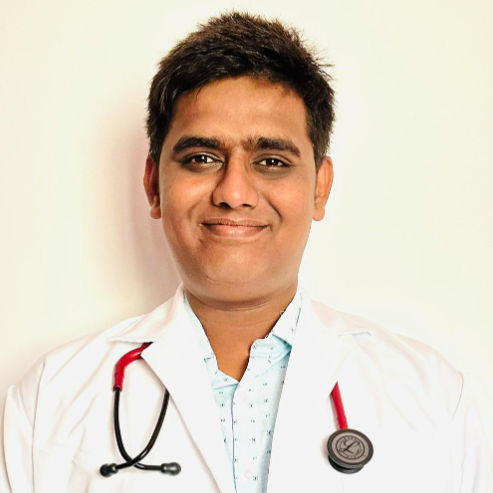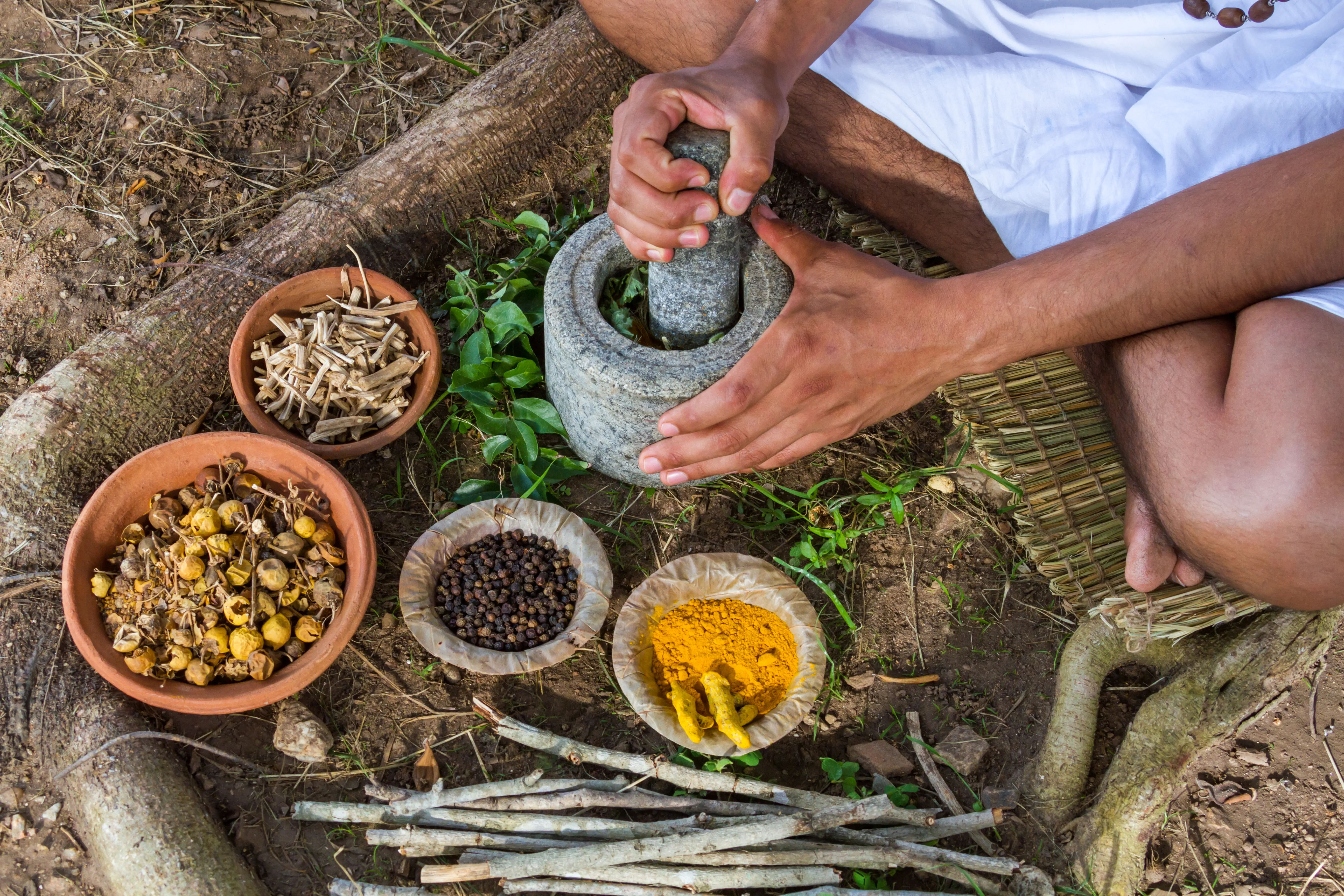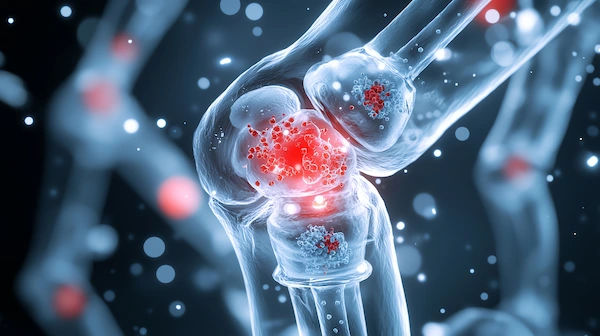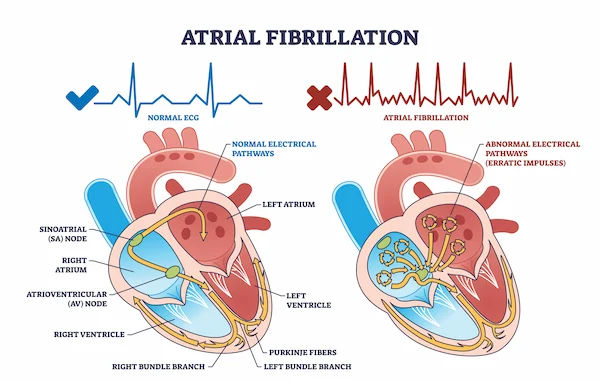Cardiac Risks Among Young India
Know about the cardiac risks among young India, why they are at risk, know the warning signs and lifestyle tips to protect heart health.

Written by Dr. Mohammed Kamran
Reviewed by Dr. Shaik Abdul Kalam MD (Physician)
Last updated on 13th Jan, 2026
_1.webp?tr=q-80,f-webp,w-350,dpr-2,c-at_max 700w)
Introduction
Heart disease is no longer just a concern for older adults. In recent years, young Indians (aged 20-45) have been increasingly facing cardiac risks, including heart attacks and strokes. This alarming trend calls for awareness and preventive action.
In this article, we’ll explore why young Indians are at risk, common symptoms to watch for, lifestyle changes to protect your heart and when to seek medical help.
Why Are Young Indians at Higher Cardiac Risk?
Several factors contribute to the rising cases of heart disease in young adults:
1. Sedentary Lifestyle
Long work hours, excessive screen time, and lack of physical activity weaken the heart over time.
2. Poor Diet
Junk food, excessive sugar, and processed meals increase cholesterol, blood pressure, and diabetes risk—all linked to heart disease.
3. Stress & Mental Health
High stress levels, anxiety, and poor sleep elevate blood pressure and inflammation, harming heart health.
4. Smoking & Alcohol
Tobacco and excessive alcohol damage blood vessels, increasing the risk of blockages.
5. Genetic Factors
A family history of heart disease can raise your risk, making early screening essential.
Consult a Cardiologist for Personalised Advice
Warning Signs of Heart Trouble in Young Adults
Many assume heart problems only affect older people, but symptoms can appear early. Watch for:
- Chest pain or discomfort (pressure, tightness, burning)
- Shortness of breath (even without exertion)
- Unexplained fatigue (extreme tiredness despite rest)
- Irregular heartbeat (palpitations or fluttering)
- Dizziness or fainting spells
- Swelling in legs, ankles, or feet (could indicate poor circulation)
Note: Some people experience no symptoms before a sudden cardiac event. Regular check-ups are crucial.
How to Protect Your Heart: Simple Lifestyle Changes?
Lifestyle tips for the protection of heart health include:
1. Move More, Sit Less
- Aim for 30 minutes of exercise such as walking, cycling, or yoga daily.
- Take short breaks if you have a desk job.
2. Eat Heart-Healthy Foods
- Include fruits, vegetables, whole grains, nuts, and fish (rich in omega-3).
- Limit your intake of salt, sugar, fried foods, and processed meats.
3. Manage Stress & Sleep Well
- Practice deep breathing, meditation, or hobbies to relax.
- Get 7-8 hours of sleep nightly.
4. Quit Smoking & Limit Alcohol
- Smoking damages arteries—seek help to quit.
- If you drink, do so in moderation (1 drink/day for women, 2 for men).
5. Regular Health Check-ups
- Monitor blood pressure, cholesterol, and blood sugar yearly.
- If you have a family history, consult a cardiologist early.
When to See a Doctor?
If you experience:
- Severe chest pain (especially radiating to the arm/jaw)
- Sudden shortness of breath
- Fainting or extreme dizziness
Final Thoughts
Heart disease doesn’t discriminate by age. Young Indians must take proactive steps to eat well, stay active, manage stress, and get regular check-ups. Small changes today can prevent major problems tomorrow.
Consult a Cardiologist for Personalised Advice
Consult a Cardiologist for Personalised Advice
Dr. Praveen Jaiswal
Cardiologist
17 Years • MD(Medicine), DM(Cardiology)
Indore
Apollo Hospitals Vijay Nagar, Indore

Dr. Shanmuga Sundaram D
Cardiologist
8 Years • MBBS, MD (GM), DNB Cardio
Chennai
Apollo Speciality Hospitals OMR, Chennai
(50+ Patients)

Dr. Sumanjita Bora
Cardiologist
9 Years • MBBS, PGDCC
Bengaluru
Apollo Clinic, Sarjapur Road, Bengaluru
Dr Manjunath Suresh Pandit
Cardiologist
12 Years • MBBS, M.D. (Paediatrics), D.M. (Cardiology)
Bangalore
Apollo Clinic Bellandur, Bangalore

Dr. Sushith C
General Physician
2 Years • MBBS
Bengaluru
PRESTIGE SHANTHINIKETAN - SOCIETY CLINIC, Bengaluru
Consult a Cardiologist for Personalised Advice
Dr. Praveen Jaiswal
Cardiologist
17 Years • MD(Medicine), DM(Cardiology)
Indore
Apollo Hospitals Vijay Nagar, Indore

Dr. Shanmuga Sundaram D
Cardiologist
8 Years • MBBS, MD (GM), DNB Cardio
Chennai
Apollo Speciality Hospitals OMR, Chennai
(50+ Patients)

Dr. Sumanjita Bora
Cardiologist
9 Years • MBBS, PGDCC
Bengaluru
Apollo Clinic, Sarjapur Road, Bengaluru
Dr Manjunath Suresh Pandit
Cardiologist
12 Years • MBBS, M.D. (Paediatrics), D.M. (Cardiology)
Bangalore
Apollo Clinic Bellandur, Bangalore

Dr. Sushith C
General Physician
2 Years • MBBS
Bengaluru
PRESTIGE SHANTHINIKETAN - SOCIETY CLINIC, Bengaluru




